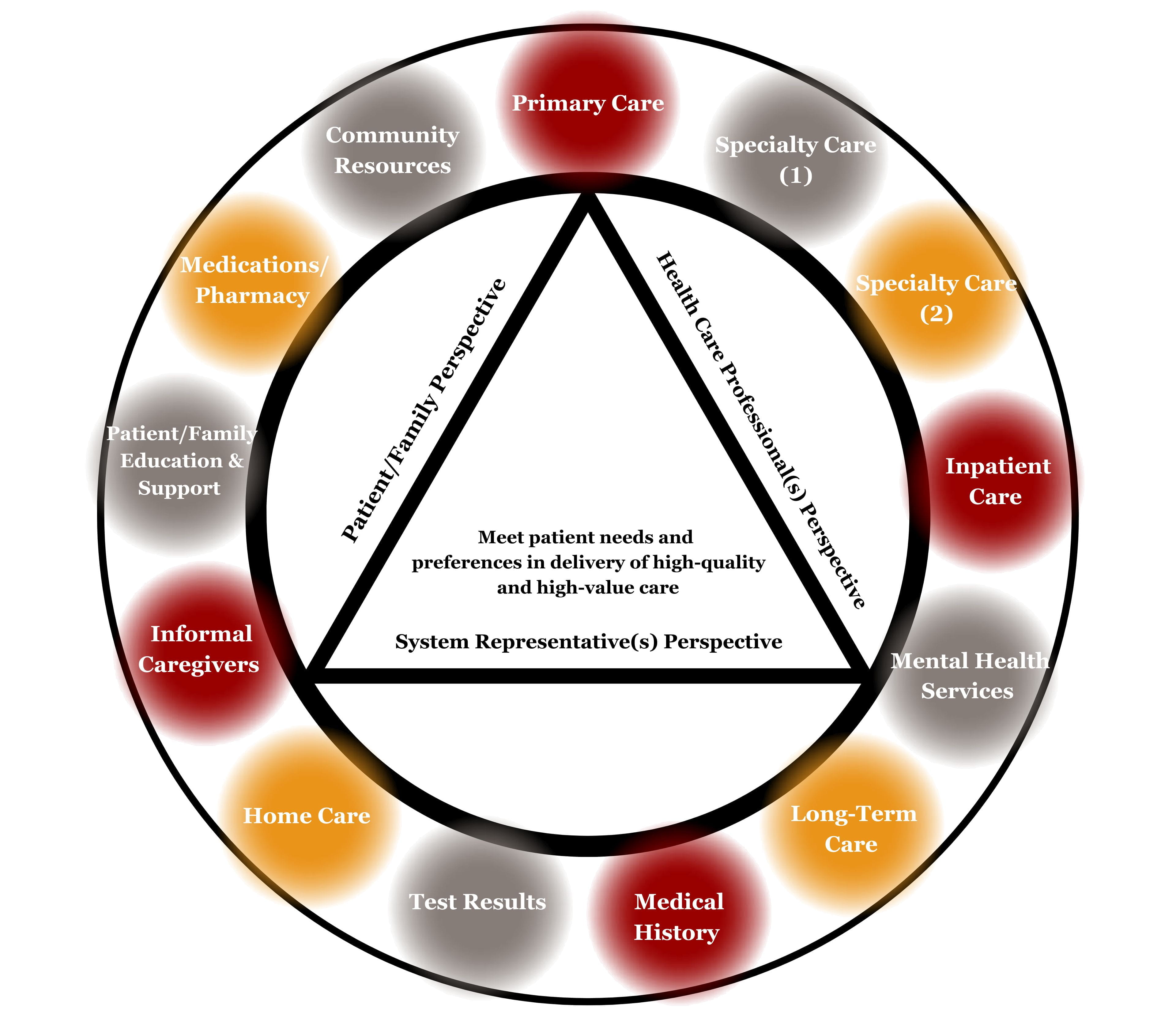Care coordination the way a care team develops and applies a well-organized, coordinated shared plan of care which integrates information and needed services across a patient's whole care team.
- It targets comprehensive care for individuals with complex needs, by assessing and addressing interrelated medical, social, developmental, psychological, behavioral, educational, environmental and financial needs.
- It allows the longitudinal care team to recognize health care needs and reduce acute care burdens.
- It anticipates and targets the vulnerabilities and complexities at transitions of care.
- Care coordination improves quality of life and satisfaction for patients and families as well as the satisfaction of the teams who serve them. It manages health care costs by using a proactive rather than reactive approach to care.
